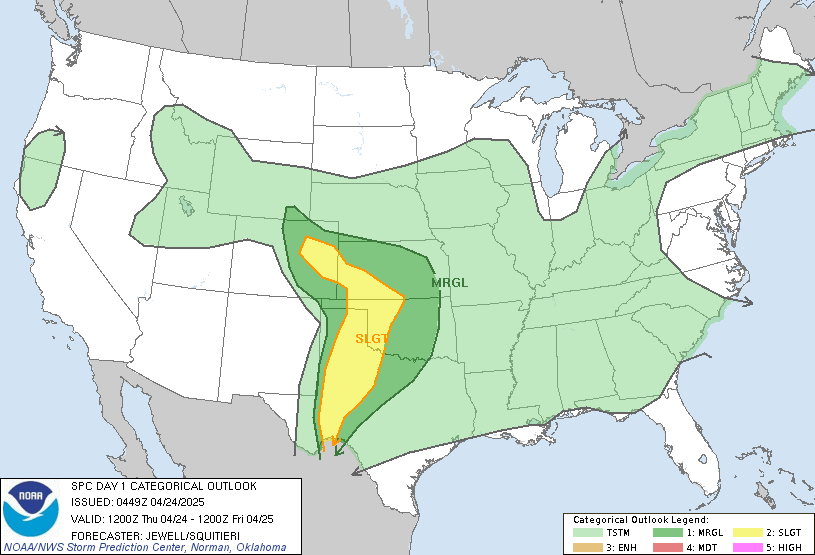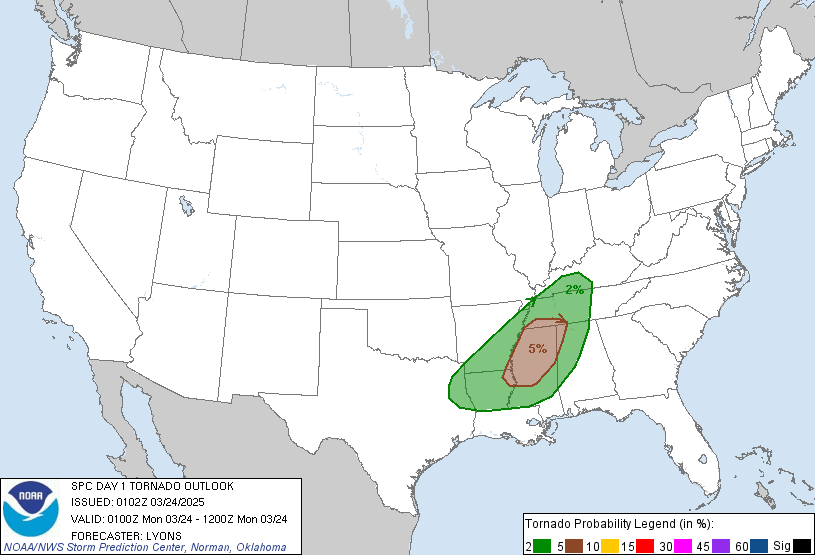I’ve heard from a handful of folks curious about why I keep saying, “Things will change” with the forecast and why I won’t pick a number and stick with it.
Sadly, the available data for the forecast has been rather unreliable and very back-and-forth. I tried to highlight that point here: https://nickelblock.com/polar-vortex-induced-gulf-coast-wintry-weather-potential-is-exactly-that-just-a-potential/
Take a look at the deterministic model data from the GFS for Monday morning around 7am collected during the last few days:
It goes from 20s to teens, to almost single digits, back to 30s, and almost 40s. Every six hours, during the last week, the GFS has suggested a drastically different temperature for 7am Monday morning. So, it is difficult to ‘stick to a number’ when there is no number to stick to.
The Problem
In this situation, the problem boils down to precision versus accuracy. do you want a precise forecast? Or an accurate one?

I can tell everyone, “IT WILL BE 25.4 DEGREES ON MONDAY MORNING AT 8:43AM WITH 0.873″ SNOW ON THE GROUND!“
That is precise. But it isn’t very accurate. Because there isn’t much evidence within the data to support such a claim. Perhaps one ensemble member from one model may show that, but that is one member of a 100+ ensemble set, among the handful of ensemble model groups.
Or, I can be accurate. I can tell everyone, “We don’t fully know how things are going to shake out. But temperatures on Monday morning will be between 25 and 35, and there may even be some precipitation.“
Not a lot of precision. But that is as accurate as the forecast can currently be given the available data.
As of now, the GFS and the ECMWF computer weather models continue to come into better agreement, but there is still a health disagreement about specifics.
So instead, forecasting using a past experience and understanding of how the atmosphere reacts to the large-scale features in place is often how I forecast these events. It isn’t perfect, and it will elad to fewer declarative statements like, “THIS WILL HAPPEN!” but it is a more accurate way to describe the potential outcome.
Forecasting highly anomalous events
Imagine you are sitting on the front porch, watching cars come around the corner on to your street. And you and a friend are sitting there trying to guess which car will come around the corner next. You know your neighbors, and the people who live the next street down, too. So you have a pretty good idea what types of cars often drive down the road.
And even if you didn’t know your neighbors, a good safe bet might be to say, “Honda Civic” or “Ford F150” because so many people drive those types of cars.
Now imagine, while you were making those guesses, you had a friend who lives around the corner texting you clues about the next cars to drive down the street. “This one is big!” and “This one goes fast!”
If a friend text you “This can haul a boat!”, you may be more inclined to change your answer from “Honda Civic” to “Ford Super Duty”
Not imagine, you had 150 friends texting you clues. And clues were sent by people who don’t know cars. And others who are experts.
You recieve texts like “This one has 455 horsepower” and others that say, “It is one of those V engines” and then some that point out, “dual muffler!” and then others that say, “there is a windshield”
After looking at all the clues you may be able to make a forecast that the next car around the corner is a Porsche Cayenne.
But then a 2020 Chevy Colorado Xtreme drives around the corner. That’s odd. No one on your street drives a limited edition Chevy Colorado Xtreme. And the guy down the road owns a Porsche Cayenne! He bought it during his midlife crisis!
“No fair,” you say. “That was an anomaly! There were only 100 of those Chevy Colorado Xtreme’s ever made! What are the chances one drives around the corner?!”
It is a similar situation when trying to forecast the weather during anomalous events. All of the data may point toward a potential outcome as the most likely, but given the anomalous situation, good forecasters recognize that the data – or lack of data – may actually support a different outcome.
Going back to guessing cars, if one of those friends sent you a text that read, “It’s not a car you’d see every day” you may be less likely to guess the Porsche your neighbor owns.
And the Polar Vortex floating around in Canada like it is is not something you see every day. So the potential outcomes the models produce will also not be something that you would see every day. It is anomalous. Treat it as such.
Bringing it back to the weather
That who hypothetical situation is why I am very – very! – conservative when forecasting during these types of events. And why I don’t make very many specific declarative statements.
This is an odd situation. It needs to be treated as such.
In the example above, it would be like saying, “.A supercharged pickup.”
While not precise, it is accurate.
That is why I’ve continued to say that it will be mild through Thursday. Friday we start to cool down. Then this weekend and into next week, temperatures will be much cooler. And there is even a chance for precipitation while it is cooler. And that precipitation may fall as either liquid or frozen, depending on the timeline.


Thanks! Appreciate your explaining situation. Interesting! You know us south Ms folks hoping for snow.
Thank you very much for the great explanation of the weather forecasts you have to deal with. I told my wife this one was gonna challenge you. Challenge is good. FYI: ” i before e, except after c: receive.” LOL! Have a great day!